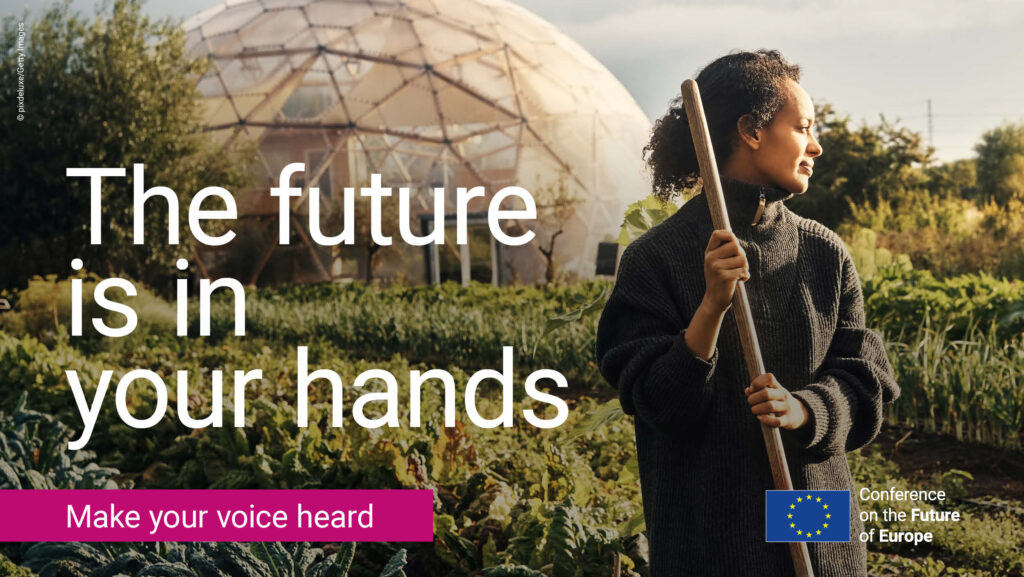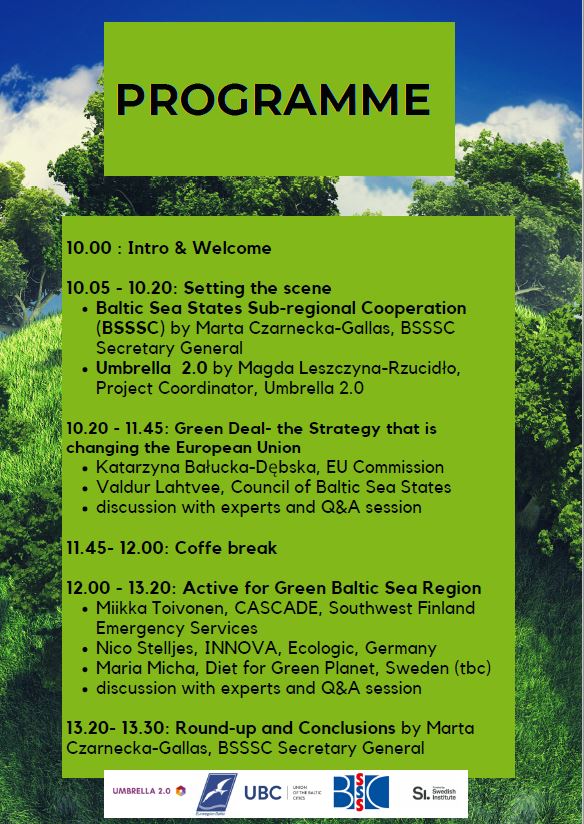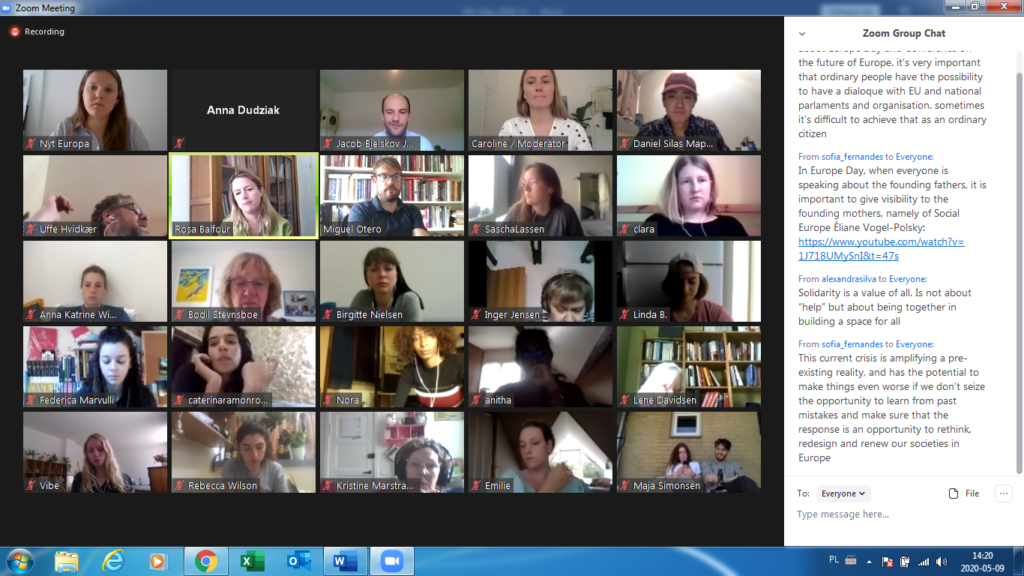Following the decision made by our Euroregion Baltic Board Members on 25th May new ERB Working Group for the Conference on the Future of Europe has been established.
The plan for this WG is to follow the COFE debate, events and discussion over the upcoming months and let us all know once there is some significant event or input related to ERB members and stakeholders or anything we may find necessary to the South Baltic area.
In the group, we have the representatives of Euroregion Baltic Secretariats from ERB member states, Europe Direct representatives, and the Brussels Offices representatives from our regions. We are pleased to welcome you onboard and thank you for agreeing to work with us regarding COFE. The list is not finalised; we still keep it open for other actors to confirm their interest
The plan for this WG work is as follows:
- We will keep track of all COFE events and seminars relevant and essential to the Euroregion Baltic/South Baltic area citizens and stakeholders;
- we will share information on important events and meetings organised
- we will promote the ERB/South Baltic area COFE events – please let us know what & when you organise and we will share information on our website and social media;
- In September 2021, we will organise an online meeting of the WG representatives to exchange knowledge, and discuss the potential directions where we could engage more.
- In the late autumn of 2021 current ERB presidency, Blekinge Region will start working on the draft of the ERB position paper regarding the COFE – a document that we hope the WG can discuss later. The upcoming presidency of Warmia and Masuria Region will also be closely working on the final draft. Finally, we would like to see the document ready for Fen 2022 and adopted by Euroregion Baltic Board Members during the Board meeting.
We hope that this WG will help us promote the most important events and inputs from the COFE, share them with ERB and South Baltic Stakeholders and finally, in the fall, these inputs will allow us to prepare the ERB position paper to be adopted in Feb 2022.



